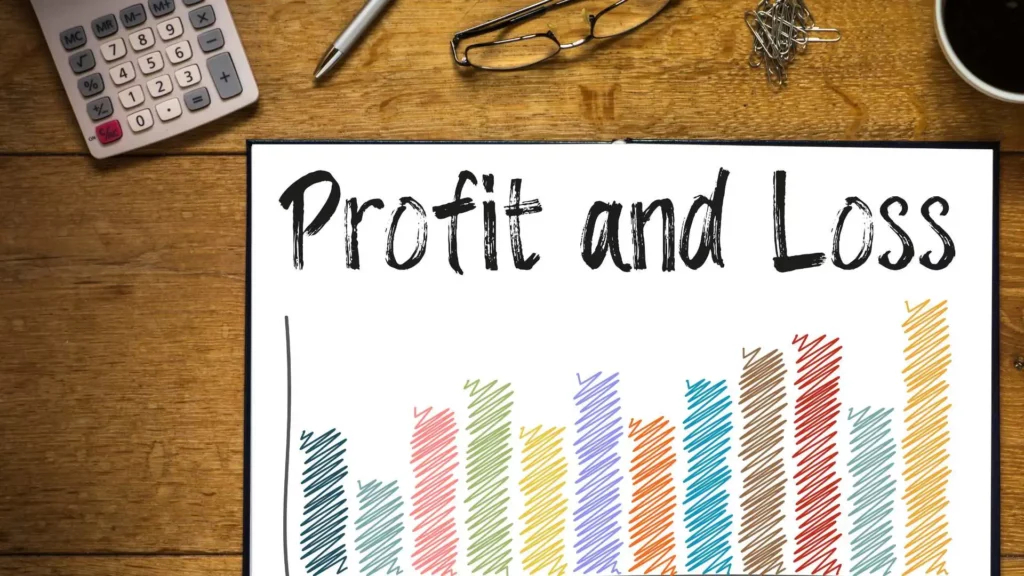The secret to excelling at keeping resolutions and achieving your financial goals for the New Year is to set small and achievable goals. Once you achieve the easy ones, you can challenge yourself to bigger ones. Many people who are aware of basic financial principles try to set goals for themselves. But in many cases, they fail to live up to them. This predominantly happens because the resolutions initially set were too big or difficult to achieve.
To achieve financial independence and maturity, consistency and constant evaluation are vital. Measuring your progress is a great way to see if you are on track or if changes need to be made. Here are 5 financial goals you can consider setting for this New Year.
Develop habit of creating budgets
Budgeting is one of the fundamental strengths of people who are financially independent. If you want to be financially strong and successful, you need to develop and hone the habit of creating budgets. You can earn a lot of money but still have nothing left at the end of the month if you don’t have a budget.
A budget provides you with a framework within which the money that comes in and the amount that is spent are all accounted for. There are two aspects to budgeting. One, creating a budget. Two, making sure you stick to it.
If you’re doing this for the first time, it may seem challenging. But there’s nothing to worry about. Start with writing down your total income for the month and all the expenses you expect to incur. This kind of tracking will help you identify where your money is being spent. It is the best way to identify excess or unwanted expenditure.
A budget can help you differentiate between your needs and wants. Based on this, you can even change your spending habits and push towards a healthier relationship with money.
Sticking to a budget is not easy, especially if you’re not used to it. A great way to ensure you stick to your budget is to adopt the envelope method. You simply put money into various envelopes for various demarcated expenses. You can use only the set-aside amount in an envelope for that specific purpose.
Eliminate debt
Your next goal should be to get rid of debt entirely and as soon as possible. Creating a budget will help you understand how much debt you have and how much of your monthly income is going towards repaying it.
There are many ways of eliminating debt. The best way is to pay off high-interest debt first since these are the ones that eat into your income the most. Some of these debts include credit card debt, personal loans, and payday loans. When you pay off high-interest debts, you can use that portion of the money to start paying off your other debts.
Create a debt repayment plan. After that, make a resolution to stick to your plan. As you clear your first debt, use the confidence you gain from it to roll onto the next one. Keep the momentum going till you are completely free of debt. It will be tough, but the peace of mind you will get at the end of it will be 100% worth it.
Create a savings plan
Once you’ve created your budget and a debt repayment plan, start looking for ways to save money. There is no single solution or magic number as to how much money a person should save every month. This varies from one person to another. But according to experts, you should be saving at least 15% of your monthly income.
This, again, may not be the best solution for you. You need to assess your situation and expenses and save accordingly. Divide your savings plan into multiple categories. For example, if you want to buy an automobile in the next year or so, start setting aside money for it. This should be different from your regular savings and your emergency fund.
If you’re new to this, start by creating an emergency fund. Start small and build it up to at least 6 to 10 months’ worth of expenses.
Educate yourself about finances
Education and knowledge are power. Keep looking for ways to increase your financial knowledge. Start following finance experts and gurus on social media. The facts and pointers they regularly share can be of immense help to your financial health. Subscribing to leading publications and magazines on finance and wealth help too. Also, equip yourself to get your 2022 finances on the right track.
Grow your wealth through investments
The money you earn should not sit idle. Save a bit of it and make the rest of it earn more money for you. This is how you build wealth. Investing your money is the best way to make your money work for you and build wealth.
Bonds are among the safest investment options. Stocks are riskier but usually offer higher returns. To start off, invest in a mutual fund with good returns. Set goals such as a retirement fund as well.
If you’re not too sure of whether you should invest given the current market conditions, talk to an expert financial advisor. They will be able to help you set investment goals and help build your wealth systematically. Get started on those financial goals this New Year.

























